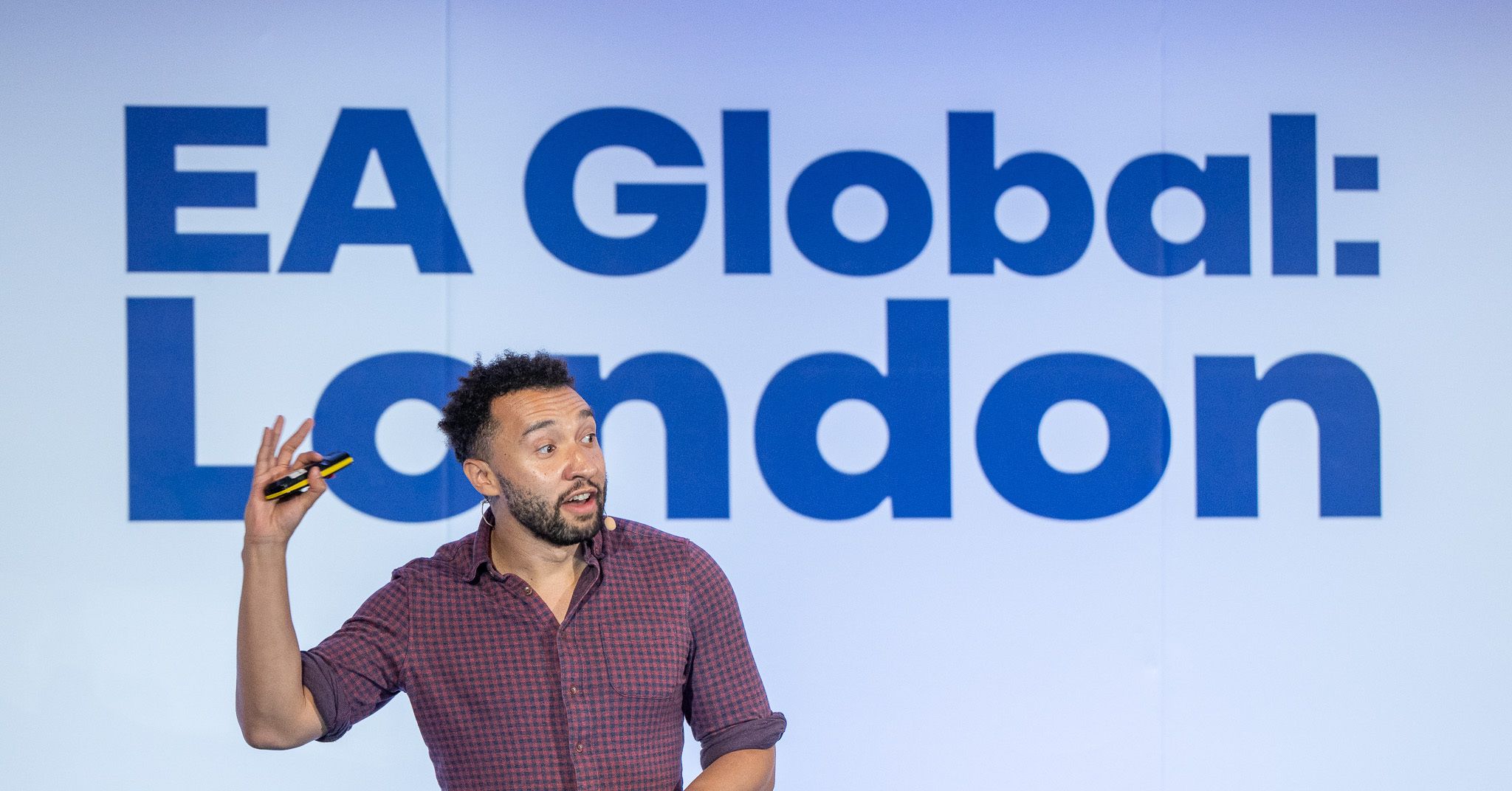Background
In a previous post, Brendon Wong discussed how to improve the early-stage funding landscape in the EA community. His ideas strongly resonated with me, so I worked with Brendon to research and develop some of them into more concrete strategy.
Historically, it appeared that early-stage EA projects were funded by one or more “angels”–a term borrowed from the for-profit startup investment space that refers to individuals that evaluate and invest in companies with their own money.
When angels cooperate in an “angel group,” they improve the investment process in three meaningful ways. First, each angel becomes more aware of investment opportunities because there’s a central place for companies to apply to for funding and each angel can refer potential investments to the group. Second, each angel can draw from the expertise of fellow angels, gaining different perspectives on an opportunity, making better investment decisions and improving their skill set. Third, each angel performs less investment overhead on average by sharing the work or hiring outside management to carry it out.
Deciding to test an angel group
Brendon and I arrived at three independent proposals for improving the early-stage funding environment:
- An online portal to enable the broader community to discover grant opportunities, add their thoughts on the relative merits and risks of grant proposals, and directly fund grants without an intermediary
- An angel group to improve how angel funding currently works in EA
- A distributed group of volunteer grant evaluators with expertise across many different areas of EA to improve upon the traditional model of a small centralized group evaluating a tremendous range of grants
Our R&D process to improve the early-stage EA project environment starts with collecting feedback from community members, then launching an initial solution, and finally iteratively improving the solution according to qualitative and quantitative feedback.
To collect feedback, Brendon and I reached out to EA Grants, BERI, and additional people/groups in the grantmaking space. Based on what we learned, we have decided to launch the angel group first because it has the clearest value add for the community and is straightforward to establish and operate. We will iteratively improve the angel group as needed in response to data and feedback.
How to get involved
Become an angel: We are seeking effective altruists that are prepared to spend significant time and money to evaluate and fund early-stage grants. If this sounds like you or someone you know, please direct yourself or your contacts to this angel application form: https://goo.gl/forms/WCt7hC9IuMJJT3qZ2
Apply for funding: We have created a preliminary application form for the primary purpose of learning which individuals and projects are applying for funding: https://goo.gl/forms/Gg8AgfUISJd21x9v2
Provide our initiative with funding: Our initiative to improve early-stage funding is, ironically enough, operating without any funding. We do not require funding to launch and administer this angel group, but funding would be really helpful for supporting our operations and the launch and testing of additional measures to improve the early-stage funding landscape.
Provide grant applicants with funding (without evaluating grants yourself): We intend on launching a more streamlined system for accepting public donations in the future, but if you are interested in funding promising early-stage projects in EA and have our angels/evaluators evaluate the projects, please get in touch with us about contributing.
Volunteer for us: If you are interested in assisting with our initiative, please get in touch! In the future, we will support evaluation volunteers that do not have capital but are talented at evaluating projects. We may not be able to accommodate evaluation volunteers at this time, but if you are passionate about advising or evaluating projects, please get in touch and we will see what the best arrangement is for your situation.



Thanks for the supportive words Sanjay!
We also believe that early-stage grant opportunities should be made more transparent, and we even proposed a system in our post to create an "online portal to enable the broader community to discover grant opportunities, add their thoughts on the relative merits and risks of grant proposals, and directly fund grants without an intermediary." Making an online portal is more involved than making an angel group but it is possible we may launch something like this in the coming months.
We have already reached out to CEA regarding getting access to EA Grants' grant opportunities. Once our angel group gets going, I intend on resuming our contact with CEA to see what we can do regarding sharing grant opportunities in the early-stage funding space.
CEA doesn't seem to be as responsive on the EA Forum but we have been able to communicate with them via direct outreach.